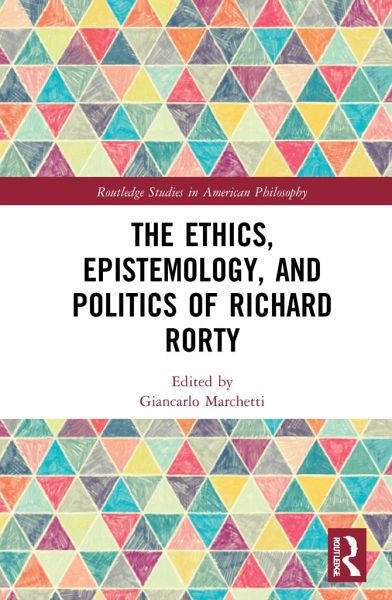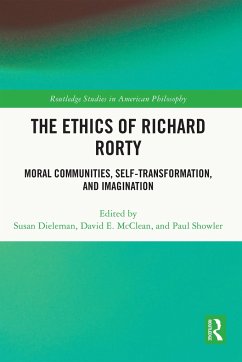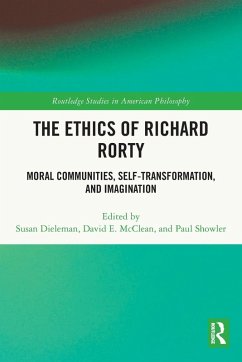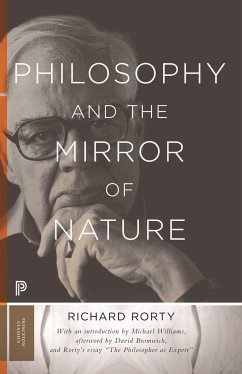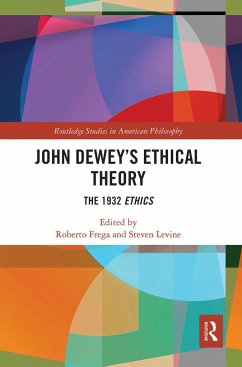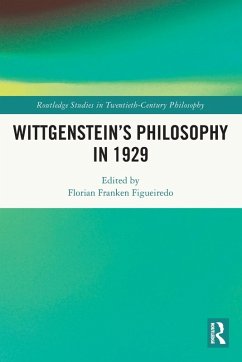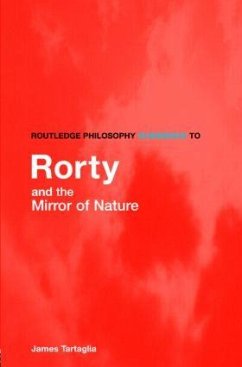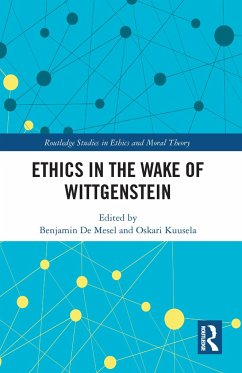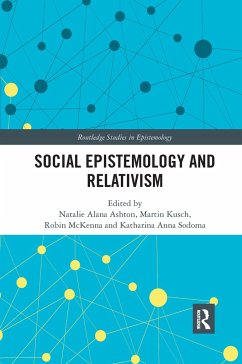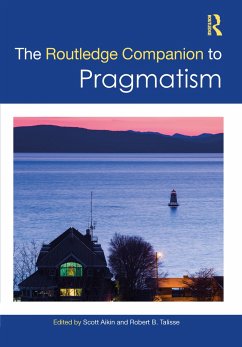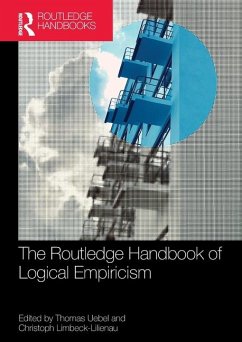"Now that the dust has largely settled on many of the debates he instigated during his distinguished career, the time has come for a reassessment of the philosophy of Richard Rorty. This extraordinary collection helps us to see better the force, and in some cases the systematic nature, of Rorty's work in ethics, epistemology and politics. The fourteen essays assembled here will provide essential touchstones for those who wish to follow the intellectual paths cleared by Rorty's pragmatism."
Robert B. Talisse, W. Alton Jones Professor of Philosophy, Vanderbilt University, USA
"A perceptive and lively revisiting of Rorty's significance for our time: epistemology, language, radical social criticism,
race, jurisprudence and law, the livability of philosophy, literature and politics, 20
th century philosophy, relativism, and, above all, pragmatism."
Juliet Floyd,
Boston University, USA"Richard Rorty was the most original, and in many ways the most ambitious philosopher of his generation. The "pragmatism after the linguistic turn" that he championed aspired to be a full-blooded alternative not only to dominant strands in the analytic tradition in Anglophone philosophy in which he began his career, but to the continental tradition which he also knew well. This collection of essays by an impressive group of philosophers highlights the range of Rorty's thought and substantially deepens our understanding of it."
Robert B. Brandom,
University of Pittsburgh, USA"This volume brings together a group of seasoned scholars of Rorty's work with a number of junior scholars striking important new ground through his writings. These contributions place Rorty in conversation with crucial themes in contemporary philosophical ethics, epistemology, and political theory: these topics range from representationalism, linguistic pragmatism, and realism (both epistemological and metaethical) to metaphilosophy and the diversification of the discipline to legal pragmatism, social critique, and the politics of racial inequality. This volume will serve readers well as a guide to Rorty's relevance for contemporary philosophy. In doing so it achieves a central aim of Rorty's thought: that of keeping the philosophical conversation going."
Colin Koopman,
University of Oregon, USA"Few, if any, contemporary philosophers can match Rorty's combination of breadth and depth. His work, which ranges from epistemology, philosophy of mind, and philosophy of language to ethics and politics, combines acute analytic insight with a deep sense both of philosophy's past and it future possibilities.In a time when much Anglophone philosophy is increasingly scholastic, Rorty's work stands as a shining of example of what philosophy can be. This collection of essays is essential reading for anyone who wants not only to understand Rorty's work but to build on his legacy."
Michael Williams,
Johns Hopkins University, USA"This expertly curated collection of 14 essays by European and American scholars significantly expands our understanding of the influence of Richard Rorty on late twentieth and early twenty-first century philosophy. These wide- ranging contributions examine Rorty's complex connections to analytic philosophy, pragmatism, literature, education, political thought, legal theory, and much else. Together, they project new directions for Rorty studies."
Larry A. Hickman,
Southern Illinois University Carbondale, USA"Overall, this is an impressive collection of essays that will be of value to scholars interested in Rorty's work as well as those working in pragmatism and American philosophy."
European Journal of Pragmatism and American Philosophy
